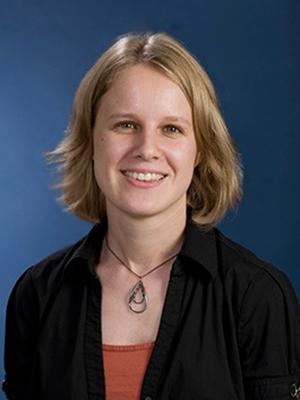Gregory Abowd

Gregory D. Abowd is Dean of the College of Engineering and Professor of Electrical and Computer Engineering at Northeastern University. Prior to joining Northeastern in March 2021, he was a Regents’ Professor and held the J.Z. Liang Chair in the School of Interactive Computing at the Georgia Institute of Technology, where he also served as Associate Dean of Research and Space for the College of Computing. Abowd is an internationally renowned and highly cited scientist, well known for his contributions in the general area of Human-Computer Interaction (HCI) and specifically for his groundbreaking research in ubiquitous computing.
In more than 26 years at Georgia Tech, Dr. Abowd initiated bold and innovative research efforts, such as Classroom 2000 and the Aware Home, as well as pioneering innovations in autism and technology, health systems, CampusLife, and a joint initiative with engineering in computational materials. He was on the founding editorial board of IEEE Pervasive Computing Magazine, and was founding Editor-in-Chief of Foundations and Trends in HCI and The Proceedings of the ACM in Interactive, Mobile, Wearable, and Ubiquitous Technologies. He also founded the non-profit Atlanta Autism Consortium in 2008 to serve and unite the various stakeholder communities in Atlanta connected to autism research and services.
Dean Abowd’s contributions to the fields of Human-Computer Interaction and Ubiquitous Computing have been recognized through numerous awards. In 2008, he was named a Fellow of the Association for Computing Machinery. That same year, he was inducted into the ACM CHI Academy, the most prestigious honor for researchers in HCI. In 2009, he received the ACM Eugene Lawler Humanitarian Award for his work in autism and technology. As of 2020, he graduated 30 Ph.D. students, 20 of whom have gone on to successful careers at top universities around the world.
Dr. Abowd received the degree of B.S. in Honors Mathematics in 1986 from the University of Notre Dame. He then attended the University of Oxford in the United Kingdom on a Rhodes Scholarship, earning the degrees of M.Sc. (1987) and D.Phil. (1991) in Computation from the Programming Research Group in the Computing Laboratory. From 1989-1992 he was a Research Associate/Postdoc with the Human-Computer Interaction Group in the Department of Computer Science at the University of York in England. From 1992-1994, he was a Postdoctoral Research Associate with the Software Engineering Institute and the Computer Science Department at Carnegie Mellon University.









